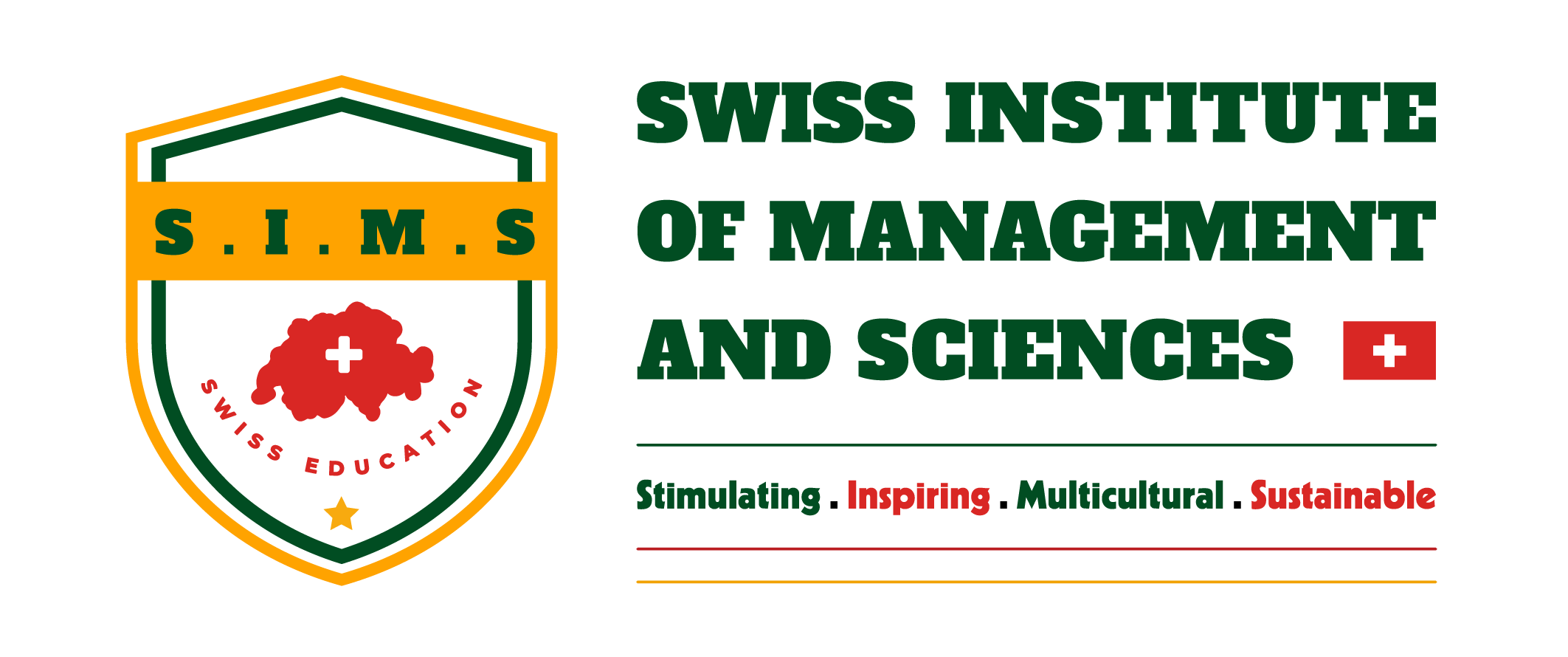
Hybrid Learning
Hybrid learning amalgamates traditional face-to-face instruction with remote or distance learning methods, including experiential learning and remote course delivery. The primary goal is to strike an optimal balance of learning strategies, efficiently delivering content while catering to the diverse learning needs of students. Importantly, supplementary learning strategies are intended to complement traditional in-person instruction rather than replace it. For instance, in a two-day weekly class, a hybrid learning instructor might allocate one day for a practical laboratory assignment or an online task while dedicating the other to an in-person lecture.
The Hybrid Learning Approach
Hybrid learning signifies a revolutionary paradigm in education. This methodology seamlessly blends elements of digital learning with traditional in-person instruction, creating a hybrid model that leverages the strengths of both approaches. It aims to foster active participation, accommodate diverse learning styles, and enhance engagement by seamlessly integrating online resources and activities with offline physical interactions.
At the heart of the Hybrid Learning methodology is the strategic use of digital materials as precursors to face-to-face instruction. Students engage with online forums and pre-read the lectures, e-books, exams, and discussion forums before attending in-person classes. This systematic sequence maximizes instructional time for collaborative problem-solving, practical activities, and interactive discussions, creating a dynamic learning atmosphere that combines the benefits of in-person engagement with instructors and peers with the flexibility offered by digital resources.
Trends in Higher Education Technology and Hybrid Learning
Technology has revolutionized higher education to cater to students’ individualized learning styles and requirements. Innovations like adaptive learning software, video conferencing, and learning management systems (LMS) have transformed the landscape of where and how students study. Over the past decade, colleges and universities have effectively incorporated distance learning and educational technology into their curricula.
Benefits of Hybrid Learning
- Adaptable Learning Models: Hybrid Learning encompasses flexible models where the balance between face-to-face and online components can vary.
- Customization of Instruction: Instructors can adjust the proportions of online and in-person instruction based on specific learning objectives and student needs.
- Personalization of Instruction: Hybrid Learning empowers educators to tailor instruction according to student preferences, learning outcomes, and subject matter.
- Global Networking: classmates allocate additional time and space to understand and cultivate students’ understanding of truth and belief, fostering stronger relationships in the long run.
- Adaptable Learning Models: Hybrid Learning encompasses flexible models where the balance between face-to-face and online components can vary.
- Customization of Instruction: Instructors can adjust the proportions of online and in-person instruction based on specific learning objectives and student needs.
- Personalization of Instruction: Hybrid Learning empowers educators to tailor instruction according to student preferences, learning outcomes, and subject matter.
- Global Networking: classmates allocate additional time and space to understand and cultivate students’ understanding of truth and belief, fostering stronger relationships in the long run.
A Paradigm Shift in Higher Education
Hybrid Learning is sparking a paradigm shift in higher education by redefining the traditional classroom experience. These methodologies leverage technology to create interactive, adaptable, and individualized educational settings that cater to diverse student requirements. Educational leaders are at the forefront of exploring novel approaches to foster active participation, critical analysis, and skill development through the integration of digital resources and direct interaction. As society progresses through the forthcoming educational era, Hybrid Learning emerges as a beacon of progress, providing insight into a paradigm that is adaptable and student-centric.
About SIMS
SIMS is a highly regarded institution that specialises in offering world-class education to students from all over the globe.



